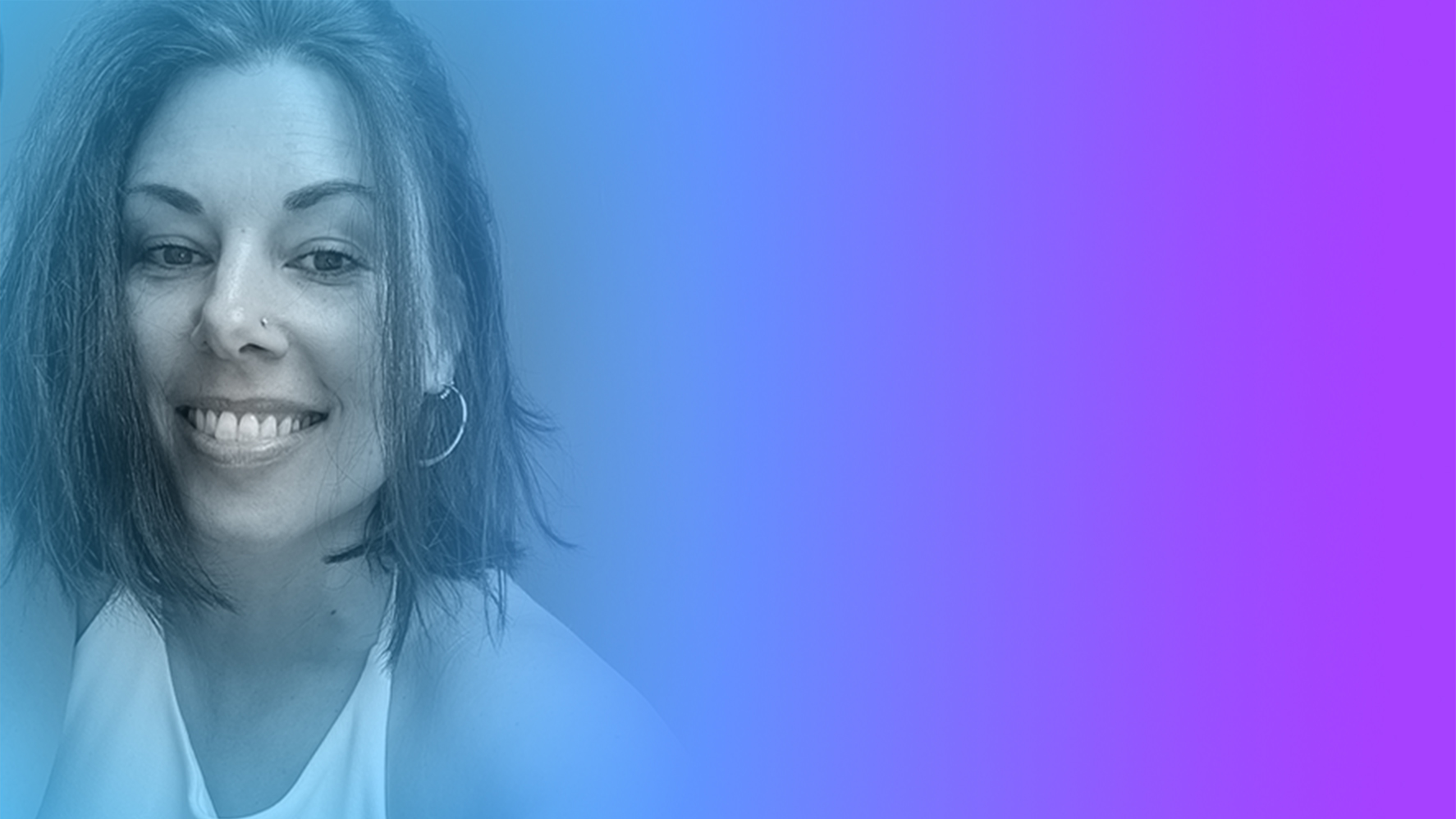
#WomeninTech week: Aire Logic’s Maria Timson shares her journey into tech
Read Maria's inspiring journey into tech. A product leadership consultant at Aire Logic.
I always used to say that I had a plan, but then life had other ideas! My journey into tech has been anything but a straight line. It's been more of a meander around particular things that I've enjoyed or that I'm good at, or sometimes a combination of the two.
I got into tech entirely by accident. I was working during a gap year between A Levels and university, where I was due to study diagnostic radiography at Liverpool. But I started working in IT and never left. That detour turned into a career that's taken me through data engineering roles with logistics, insurance and finance firms, before finding my home in the NHS around 2008, where I maintained national mental health datasets.
The real game-changer came when I completed a master's degree in Health Informatics at Leeds. That course opened up the world for me.We had people from all around the globe coming to Leeds to study, then leaving to deliver vaccination programmes in sub-Saharan Africa and beyond. Suddenly, I could see the bigger picture - the direct impact that technology could have on people's health and lives.
That's when I realised that what really drives me is a sense of purpose. It's always been really important to me to have that extra reason to get out of bed. While working in data engineering was brilliant (we were publishing more statistics on mental health conditions and increasing awareness), I wanted to get closer to that direct delivery. I wanted to help people's health, improve their experience of healthcare, or make the jobs easier for those delivering care. So, I made a sideways move into software product management, and I've worked across commercial companies, public sector organisations, and eventually into consultancy, where I am today at Aire Logic.
Getting out of my own way
If I'm honest, the biggest challenge I've faced hasn't been a single project failure or professional setback, it's been learning to get out of my own way. When you're constantly learning and making sideways moves in your career, the goalposts are on wheels. You're wired for growth, but then you crucify yourself with imposter syndrome. The biggest lesson I've learned is to ask better questions of myself: ‘How can I?’ ‘What if?’ ‘What would that look like?’ Being more constructive with myself has made all the difference.
Have I faced challenges as a woman in tech? Yes, definitely earlier in my career, and even during the pandemic. But on the whole, the teamsI've worked in have been pretty great. What's made the real difference has been the mentors, sponsors, and allies I've collected along the way. I have to callout the two managers I had when I started in data engineering at the NHS who taught me how to lead with integrity, compassion, vulnerability and an absolute refusal to make yourself smaller for the comfort of someone else. Then there was a CTO I worked for in the commercial software world, affectionately known as ‘the Chief’, who taught me about the pursuit of excellence and grounding yourself in both success and failure. And the engineering teams, who were predominantly men, showed me real allyship, especially in sticky situations where others weren't as receptive to having a woman on the team.
Paying it forward as a Women in Tech mentor
These experiences are why I'm so passionate about being aWomen in Tech mentor and coach. When I think back to making that sideways shift into software product management, everything seemed uncertain. I was learning so much on the move, and I would have been so grateful for a mentor or coach in a similar profession. Now, it's my gift to my former self - trying to do that for others.
My best piece of advice? Create your own executive board.Find those people you trust who have your best interests at heart. And it doesn't have to be just one person. In fact, it's better if you have more than one because you get different perspectives. Choose people who'll give you not just convenient truths but inconvenient ones too. We all have blind spots, and having that exec board helps you validate what you're feeling, check things with others, and generally feel less alone.
The future of tech
I'm incredibly excited about the future of tech, particularly AI in healthcare. With appropriate risk assessment and governance, I believe we can use AI to separate tasks in a meaningful way, leaving the human elements like social skills, psychological support and connection to us humans. This will then free up time from tasks that don't really need our attention.
I’m also personally hoping to secure research funding to explore how wearables can help us track biomarkers, particularly for people with chronic conditions. I'm fascinated by the interplay between our autonomic systems and how wearables might give us advance warning before problems arise.
My journey hasn't been meticulously planned, but it's been purposeful. And to anyone starting out in tech, I would say embrace the meander! Find your purpose. Build your executive board. And never make yourself smaller for anyone's comfort.
